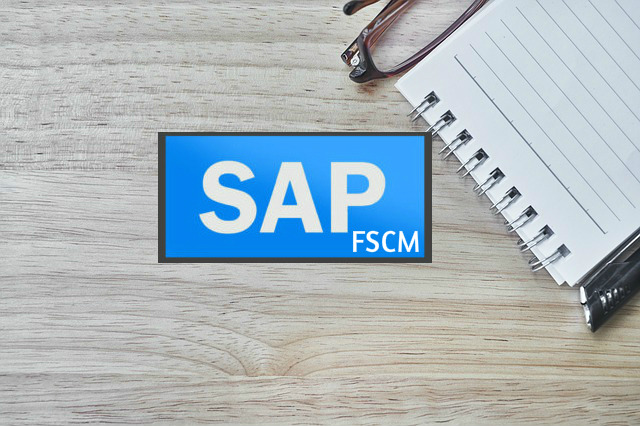Description
Introduction
SAP Financial Supply Chain Management (FSCM) is a set of integrated solutions that help organizations manage their financial and supply chain operations seamlessly. FSCM focuses on optimizing the financial transactions within the supply chain, including processes related to accounts receivable, accounts payable, credit management, cash management, and collections. By integrating these financial operations with the overall supply chain process, SAP FSCM enhances cash flow management, reduces operational costs, and improves the efficiency of financial operations.
SAP FSCM provides tools for automating and streamlining financial activities, enabling businesses to monitor and manage their financial health more effectively. The suite supports functionalities such as credit management, dispute management, collections management, and cash management, contributing to improved decision-making and better working capital management.
Prerequisites for SAP FSCM
- SAP ERP or SAP S/4HANA: SAP FSCM is designed to work with SAP ERP or SAP S/4HANA. The system should be configured to integrate FSCM modules.
- Financial and Accounting Knowledge: A basic understanding of financial processes like accounts payable, accounts receivable, and cash management.
- Familiarity with Core SAP Modules: Knowledge of SAP modules like SAP Financial Accounting (FI), SAP Controlling (CO), and SAP Materials Management (MM), as these modules integrate with FSCM.
- SAP Configuration Expertise: Knowledge of configuring credit management, collections, cash management, and dispute management modules.
- Data Integration Skills: Understanding of how SAP FSCM integrates with third-party systems and other internal SAP modules to ensure data consistency.
TABLE OF CONTENT
Conclusion
SAP Financial Supply Chain Management (FSCM) is an essential suite of tools for organizations looking to optimize their financial operations and improve cash flow management. By streamlining key processes such as credit management, collections, dispute resolution, and cash management, SAP FSCM enables businesses to improve financial performance, reduce risks, and enhance operational efficiency. The integration of FSCM with SAP’s other financial modules provides a comprehensive solution for managing both supply chain and financial operations in a unified manner. Successful implementation of SAP FSCM leads to improved working capital, better supplier and customer relationships, and more effective decision-making, all contributing to stronger financial health for the organization.
If you are looking for customized info, Please contact us here







Reviews
There are no reviews yet.